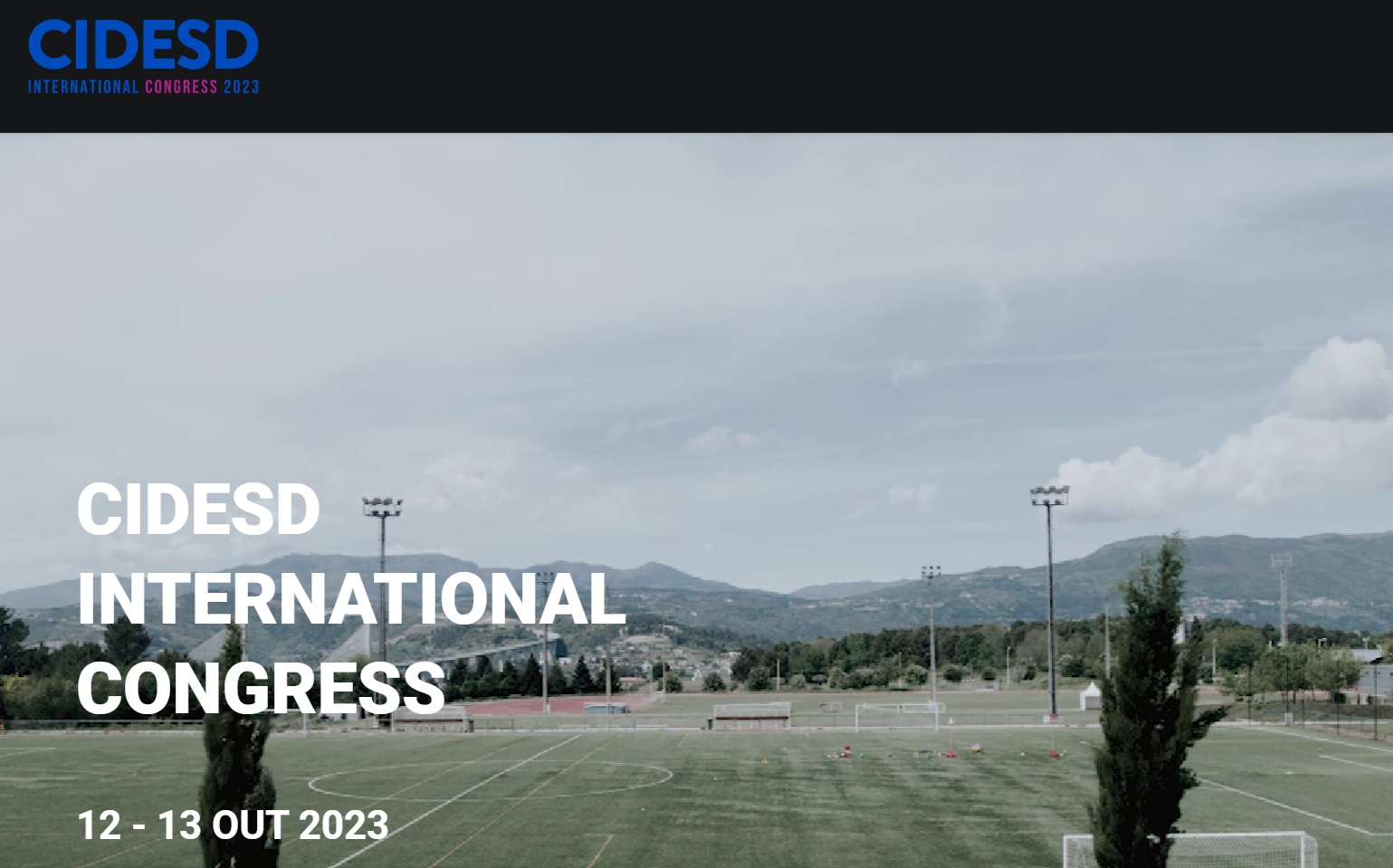Substance Consumption in University Students and the Relationship with Self-Esteem and Psychological Well-Being
DOI:
https://doi.org/10.6063/motricidade.31561Keywords:
Self-esteem, Psychological well-being, Alcohol consumption, Psychoactive substance consumption, University studentsAbstract
The consumption of psychoactive substances among college students is a topic that has increasingly garnered more media coverage in the literature. However, there remains considerable controversy surrounding this issue. Therefore, the objective of this study is to investigate the relationship between substance use habits (including alcohol, tobacco, and other psychoactive substances) and self-esteem and psychological well-being among college students, with the aim of gaining a deeper understanding of this matter. This study employs a descriptive, cross-sectional, quantitative, correlational, and quasi-experimental design. The sample consists of 460 college students aged between 18 and 66 who have internet access. Among these participants, 299 are biologically female and 158 are biologically male. The research utilized several instruments, including a Sociodemographic Questionnaire, the Psychological Well-Being Manifestation Measurement Scale, and the Rosenberg Self-Esteem Scale. The results indicated no statistically significant differences in terms of self-esteem and psychological well-being based on substance use. However, it was observed that the consumption of other psychoactive substances was significantly higher among male participants compared to female participants.
Downloads
Published
Issue
Section
License
The authors of submitted manuscripts must transfer the full copyright to Journal Motricidade / Sílabas Didáticas Editions. Granting copyright permission allows the publication and dissemination of the article in printed or electronic formats, and copyrights start at the moment the manuscript is accepted for publication. It also allows Journal Motricidade to use and commercialise the article in terms of licensing, lending or selling its content to indexation/abstracts databases and other entities.
According to the terms of the Creative Commons licence, authors may reproduce a reasonable number of copies for personal or professional purposes, but without any economic gain. SHERPA/RoMEO allows authors to post a final digital copy (post-printing version) of the article on their websites or on their institutions' scientific repository.


